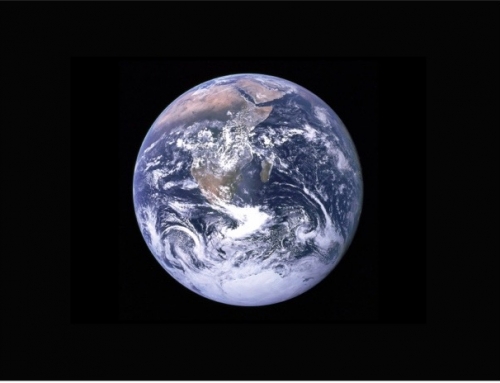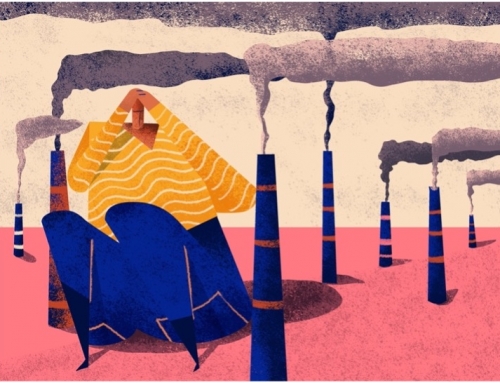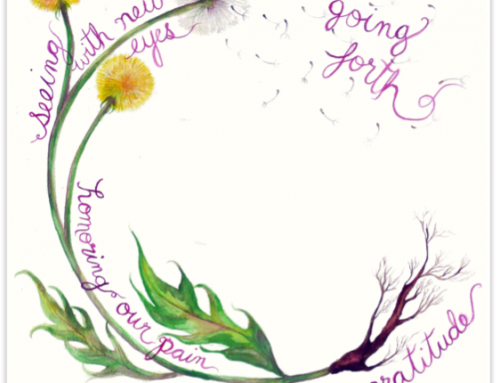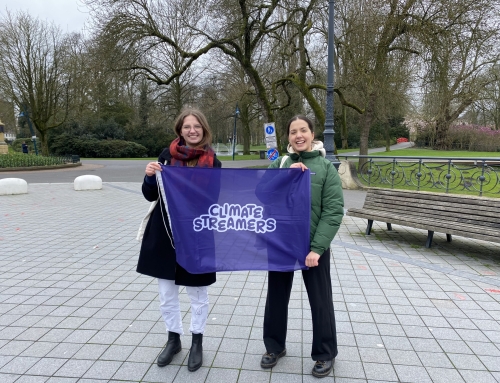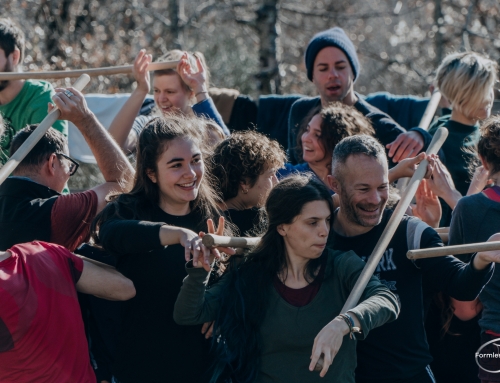Leisure as an instrument for impact
Leisure time is an amazing time. It is the time that you enjoy and makes you feel alive. However, Leisure is more. Leisure can be used to make an impact. But how? That is the question. This article is explained via explanations and theories of how organisations, theatres, and people themselves are making an impact with Leisure. First, let us dive into Buddy2Buddy and ‘Hoe ik talent voor het leven kreeg’. Before diving in, some background knowledge is explained.
Marginalization of forced immigrants
The University of Bournemouth undertook research into ways how leisure- and forms of physical activity can have a significant role in the lives of refugees and forced migrants.
To quote the researcher; “Forced migrants are often marginalised and considered to be a problem that needs to be solved or managed, or to be objects of charitable interventions at best,” he says. “They can be viewed as a threat to the UK or as traumatised victims. One of the implications of this which has been highlighted by my research is that to be a refugee means to be stuck in this label where you are just a victim or a ‘bogus’ refugee, and it’s very hard to escape from those labels.”
This research is aimed at exploring how seemingly mundane activities matter in the life of someone who is seeking asylum and to see the relevance of these practices in helping to displace or change the narratives about forced migration. Sports, culture, art, and many other facets of leisure bring added meaning to the lives of many. This is not any different for forced immigrants. Leisure brings joy, leisure brings connections and leisure is a human right (United Nations, 1948).
One friend can be the portal
“One person can be the link to our society and is therefore very valuable in the exploration of a new existence”
Buddy to Buddy is an amazing example of low-key mundane activities that have an impact on the lives of many of these forced migrants. Buddy to Buddy is working in no fewer than 12 municipalities in the Netherlands to connect newcomers to fellow citizens. The newcomers and fellow citizens are paired up one on one, during which they enter into a four-month Buddyship. The most important spearheads are equality, linking based on the same interests and the desire for sustainable and accessible contact. The Buddyship is not only about opening up your world and learning about new cultures, but also about making new friendships and breaking through the social isolation among status holders and integrated refugees. They meet each other every week for four months, from having a cup of coffee together to meeting each other’s family and friends at Christmas or the Sugar Fest. There are many success stories to be found on the website of Buddy to Buddy.
Buddy to Buddy shows that an empathic and compassionate approach is wished-for in impactful leisure activities. It brings the individual needs into collective surroundings without forcing anything on anyone.
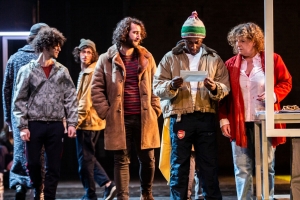 In ‘Hoe ik talent voor het leven kreeg’, based on the book by Rodaan Al Galidi, theater, music and dance come together in a grand performance, performed by a cast of actors, musicians and dozens of new Dutch people with a refugee history. Five actors, five musicians and dozens of people with a refugee history tell the penetrating and humorous story of a young man who applies for asylum in the Netherlands. They take you into the sometimes bizarre lives of the people who live and work in the asylum seekers’ center and who sometimes get hopelessly entangled in the system.
In ‘Hoe ik talent voor het leven kreeg’, based on the book by Rodaan Al Galidi, theater, music and dance come together in a grand performance, performed by a cast of actors, musicians and dozens of new Dutch people with a refugee history. Five actors, five musicians and dozens of people with a refugee history tell the penetrating and humorous story of a young man who applies for asylum in the Netherlands. They take you into the sometimes bizarre lives of the people who live and work in the asylum seekers’ center and who sometimes get hopelessly entangled in the system.
Through Theater, this group of theater makers lets you experience what it’s like to deal with things that you as a Dutch Citizen have nothing to do with on a daily basis. The theater makers use Leisure to make an impact on you, so that you as a visitor will eventually look at the system which the play is about differently.
Leisure for impact
The word Leisure is derived either from the Latin word “licere” meaning “to be free” or the Old French “leisir” with the meaning “to enjoy oneself”. These two combined make that leisure is about personal experiences. Contradictory, leisure time is also about connecting. About meeting the other, meeting the unknown and meeting an experience.
This is something that we need to take into account in the leisure industry. When organizing events or leisure activities, we need to be aware that leisure time is different for every individual. Especially, when we want to use leisure for impact. With our creative mindsets, our enthusiasm, and our energy we might forget what Leisure time is for others. And there are some best practices to learn from, such as explained above!
The meaning of leisure might be different to everyone. As described in the American Journal of Social Science Research, not a single description of leisure has entirely captured the social, psychological, physical, mental, physiological and cultural contents that leisure carries (Adesoyee & Ajibua, 2015). While long explanations of concepts of leisure can be explained, like the leisure concept model (Compton & Hanson, 1980), it is far more important to understand how individuals perceive leisure.
With a multitude of meanings regarding leisure, we can say with some certainty that leisure time is different for every individual and that this is an essential factor for the leisure sector. The key towards creating impact with Leisure is to find out together what the meaning of leisure is. Are you and your targetgroup talking about the same meaning of leisure? Examples such as Buddy to Buddy impacted lives by seeing that leisure time is different for every individual. They do not fill in for others on what should happen with their leisure time. They facilitate a platform in which you can undertake different leisure activities without it being determined for you what that is. However, what kind of activities should be organized?
Co-Creation is key
Co-creation is the magic word here, as in many subjects. We often see that leisure activities are organized for a specific target group without having conversations with the target group. We want to go a step further and ask politely at the leisure industry no longer to see the target group as an abstract entity but as the people who create the leisure activity with you. It takes two to tango, the process of leisure creation is something to do collaboratively. By doing so, new opportunities arise and overlapping frames of perspective will be discovered. Emerging friendships and interconnections are the tools to form impactful leisure time.
When you organize, it is from your frame of reference. It is hard to reach outside your reference until you get inspired or have had a chat with someone with another frame of reference. Due to the individualistic society, we now live in, we no longer learn to have a look outside our frames of reference. Collective thinking is needed to step out of your frame of reference. That means breaking down the walls of your frame. Moreover, here we come back to learning to think with compassion as Buddy to Buddy does.
Becoming Reactive
To summarize; making impactful leisure is more about creating possibilities for others to act than acting yourself. In today’s rapidly changing society, we must recognize the power of the leisure industry. We can make a difference in many people’s lives. To organize impactful leisure time, it might be needed to step away from one of our core principles of being proactive. Sometimes, it might be better to be reactive. Talk, speak, conversate and listen compassionately. Discover deeper needs, co-create and act collaboratively towards an impactful future. Social, impactful leisure is about connecting the individual needs to collective offers.
If this article did something to you, it already means that you are looking outside your frame of reference. That is already a small step, and small steps are still better than standing still. Even if it is sometimes a step backwards. Let us value each other, listen to each other & make an impact with the target group together.
Want to know more? We are always open to a good cup of coffee.
Jeffrey – Jeffrey@outofarea.nl
& Anne – Broek.A@buas.nl
*Want to know more about Buddy to Buddy? Have a chat with Bram Arends / www.buddytobuddy.nl

